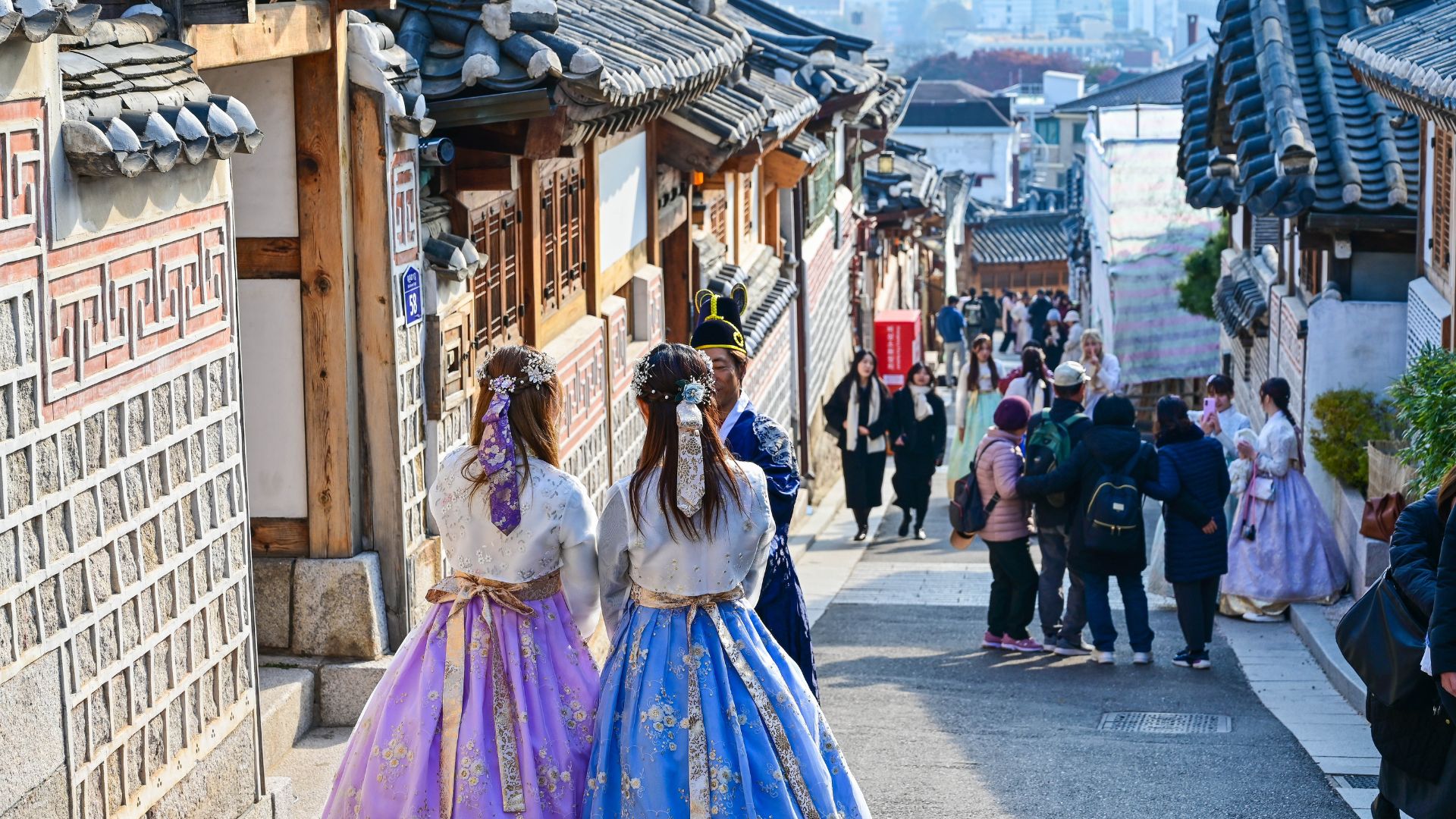Visiting a new country isn’t only about sightseeing and trying out restaurants. You also have to practice local customs to show respect for their lifestyle. Of course, it’s also a different kind of fun to immerse yourself in their culture and feel what it’s like to be a local in a new environment.
In Korea, you can expect to encounter diverse kinds of people given the vibrant culture they have. Thus, you should know how to act properly and prevent any slip-ups that could offend someone. Though most of the locals understand that minor mistakes can happen and won’t usually make a big deal out of it, knowing proper etiquette can help you greatly.
In order to make a positive impression and increase the chances of a good interaction, these are the things you should be aware of:
Basic Courtesy

In Korean culture, showing respect and sticking to formalities are highly important. When you initiate a conversation, remember to bow gently and greet with a warm “annyeonghaseyo” to make a good impression. Depending on the age and authority of the person you’re talking to, it may be good to adjust the degree of your bow and politeness.
If you’re going inside someone’s home or any traditional place such as temples, don’t forget to leave your shoes outdoors before entering and make sure that your socks are neat and decent-looking. Even in other kinds of places where you see others taking off their shoes, have the sense to do the same and remove yours too.
When invited to the house of a Korean, giving them a small gift like flowers or fruits is done as a courtesy. Gifts are offered and received using both hands. Though you may be eager to accept a gift from others out of goodwill, show that you’re hesitant at first as a sign of modesty.
Dining Etiquette

Korean dishes usually come in portions for sharing. When eating with others, observe when the eldest or the host begins and let them eat first. As you receive items or pass them to others, do so with both hands.
Usually, the spoon is held with the right hand and the chopsticks are in the left. For home-cooked meals, tasting a bit of all dishes is courteous. Meanwhile, pouring drinks for others and receiving drinks back is customary. Two hands should be used to hold the bottle or cup to show respect.
Regarding the use of chopsticks, remember not to leave them upright in a bowl of rice, as this resembles one of the rituals for the dead. Instead, place unused chopsticks on the edge of your plate or on a chopstick rest if there is one. Pointing food with chopsticks or putting food directly on someone else’s chopsticks is discouraged. It’s better to simply place it on top of their plate.
General Behavior
When you’re at a public place or using public transport, keep your voice lowered or at a moderate volume. Moreover, don’t do things that will disrupt people’s peace or businesses. Be patient when waiting in line and be considerate of others’ personal space even if it’s tight or crowded.
Unlike many countries, Koreans adhere to a relatively strict social hierarchy. People don’t easily drop honorifics, even if they are close with each other. Thus, take extra care when talking to strangers. Practice formality when addressing them according to their birth year and career. You can’t directly call them by their names unless you’ve established mutual agreement.
Learning about these Korean customs and applying them when you travel is a way of showing respect for their culture. Korea is a beautiful country that you should be able to enjoy and visit stress-free. You’ll be able to do this by avoiding unintentional misunderstandings and making genuine connections with the locals instead.







